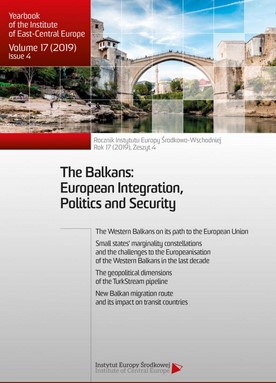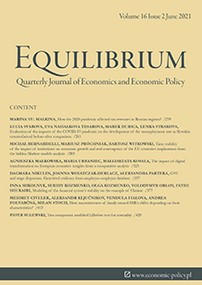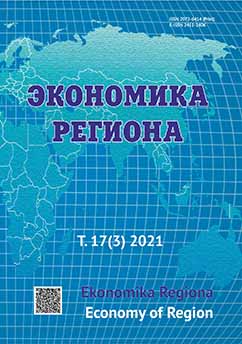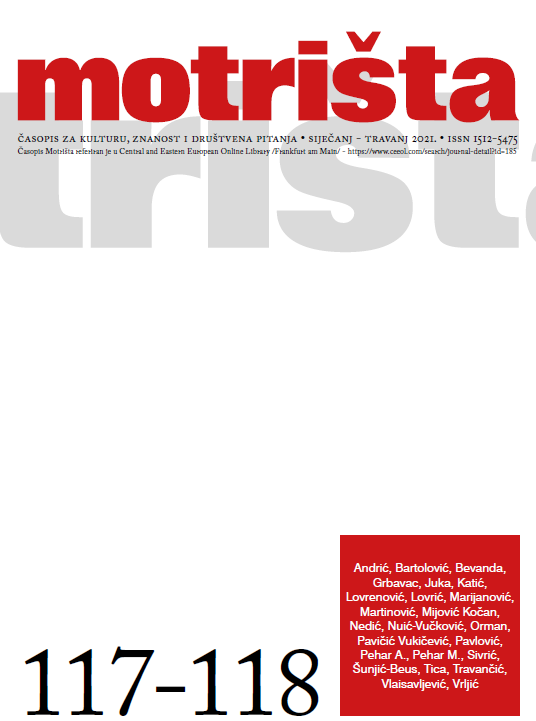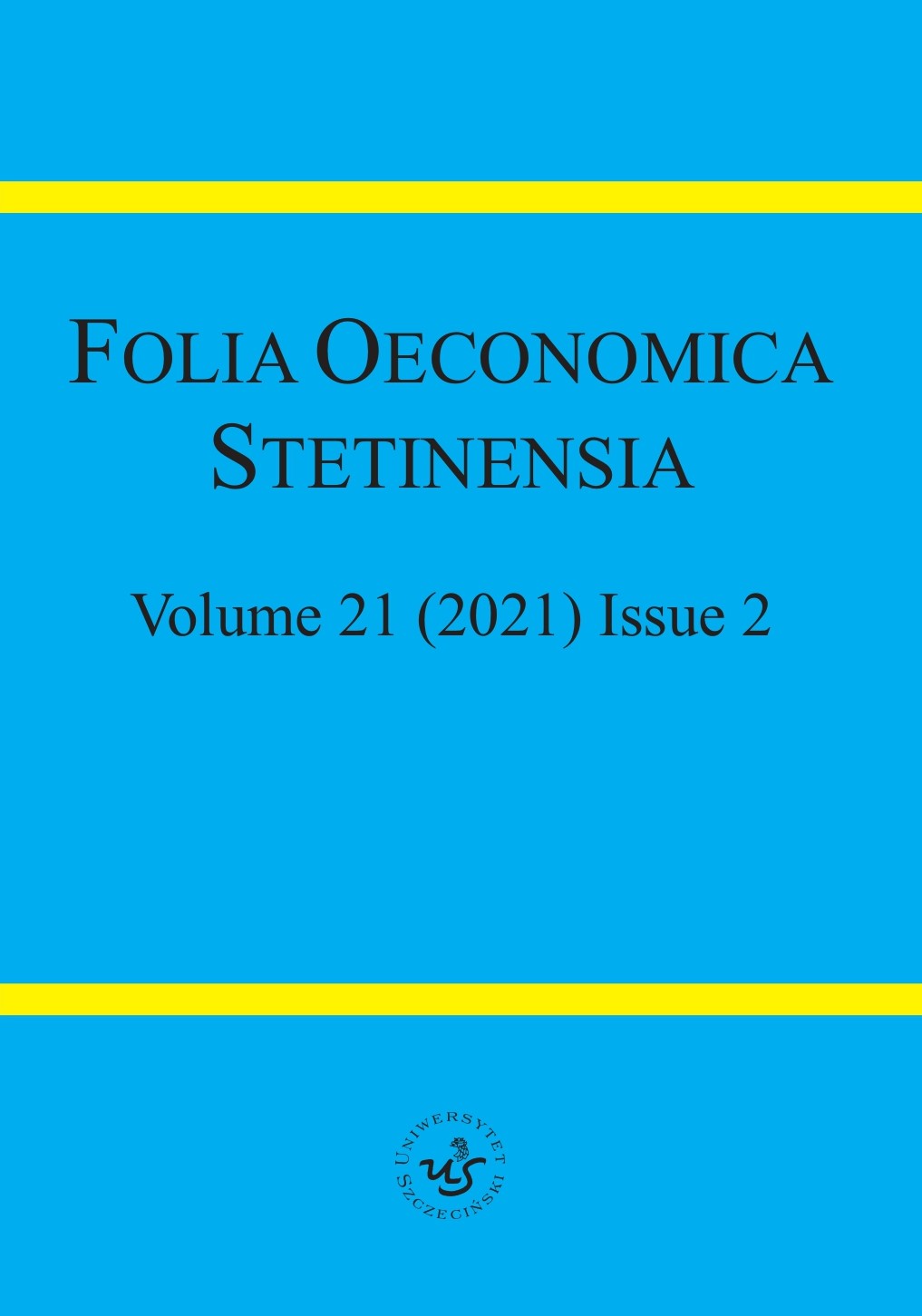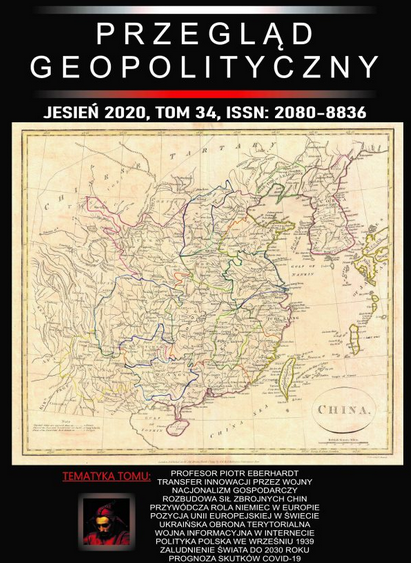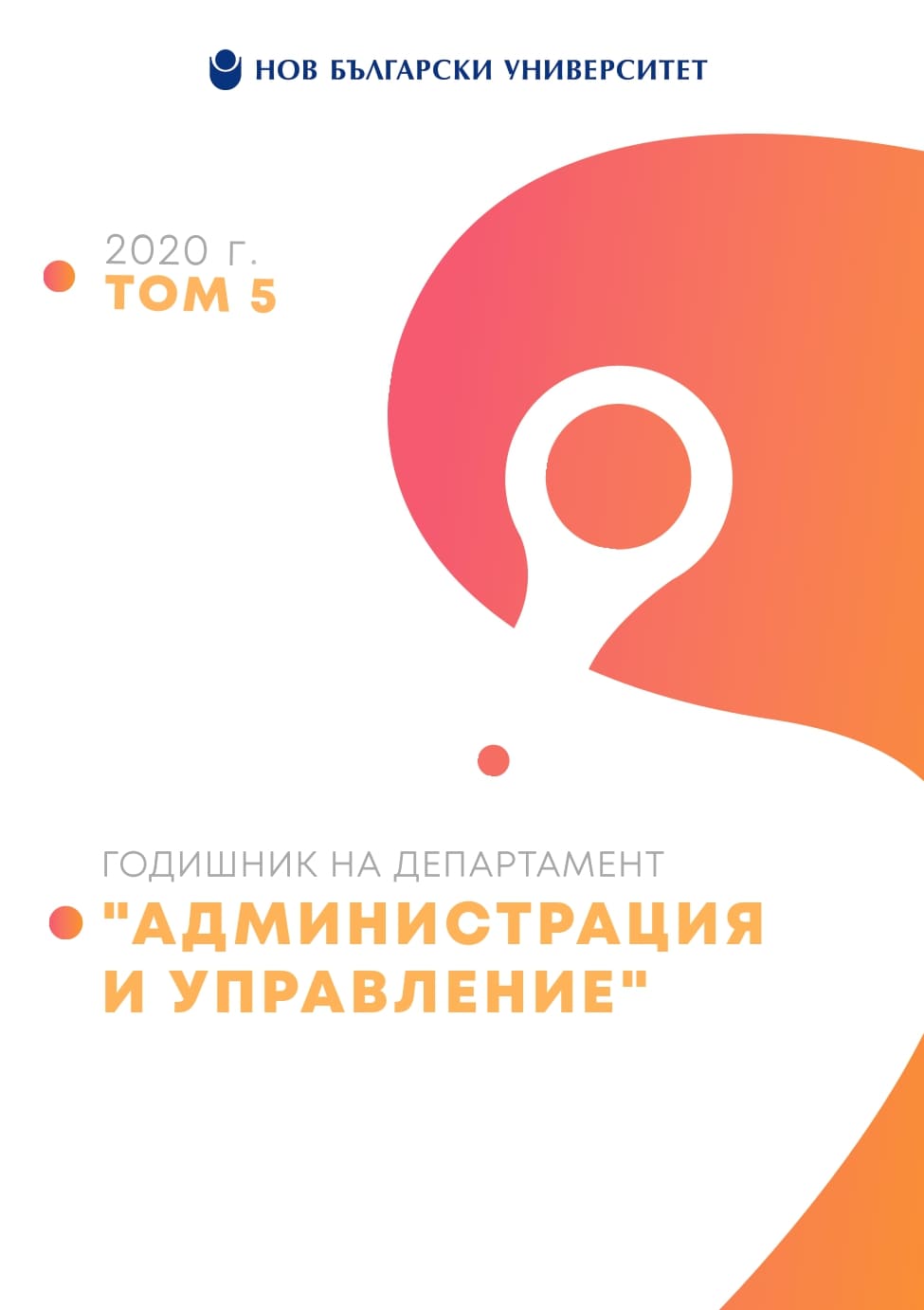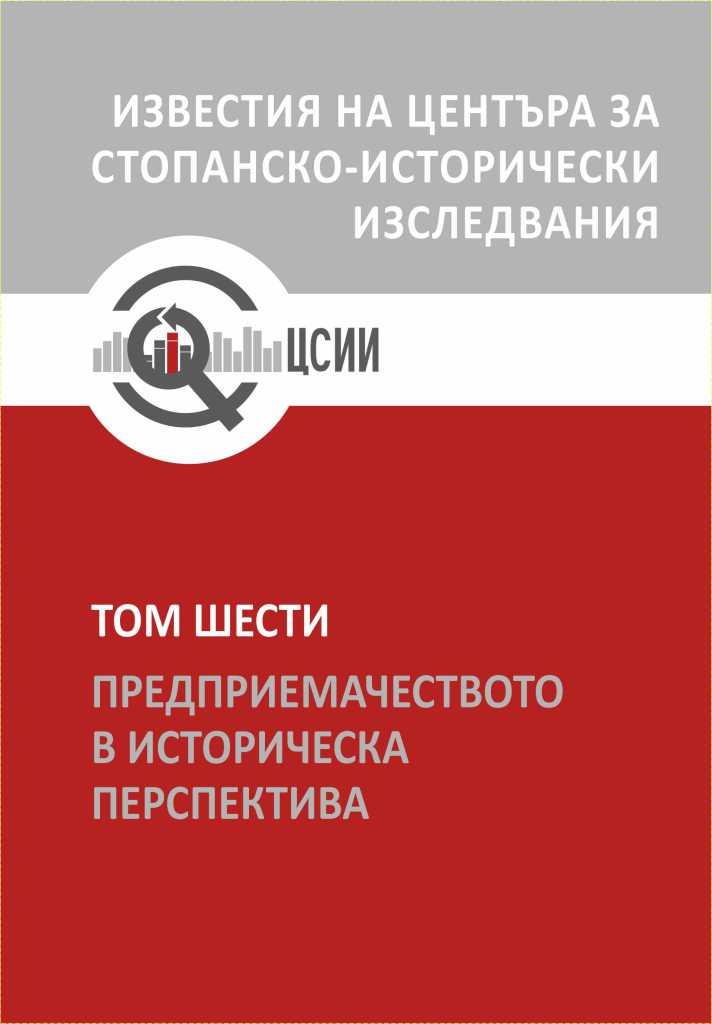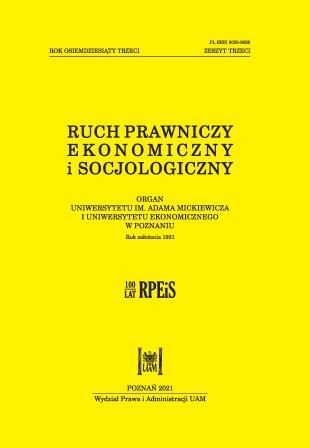
A digitalis térbeli kiigazítás
This article brings distinct strands of the political economy of communication and economic geography together in order to theorise the role digital technologies play in Marxian crisis theory. Capitalist advances into digital spaces do not make the law of value obsolete, but these spaces do offer new methods for displacing overaccumulated capital, increasing consumption, or accumulating new, cheaper labour. We build on David Harvey’s theory of the spatial fix to describe three digital spatial fixes, fixed capital projects that use the specific properties of digital spaces to increase the rate of prof- it, before themselves becoming obstacles to the addictive cycle of accumulation: the primitive accumulation of time in the social Web, the annihilation of time by space in highfrequency trading, and affect rent in virtual worlds. We conclude by reflecting on how these digital spatial fixes also fix the tempo of accumulation and adjust the time-scale of Marxian crisis theory.
More...
